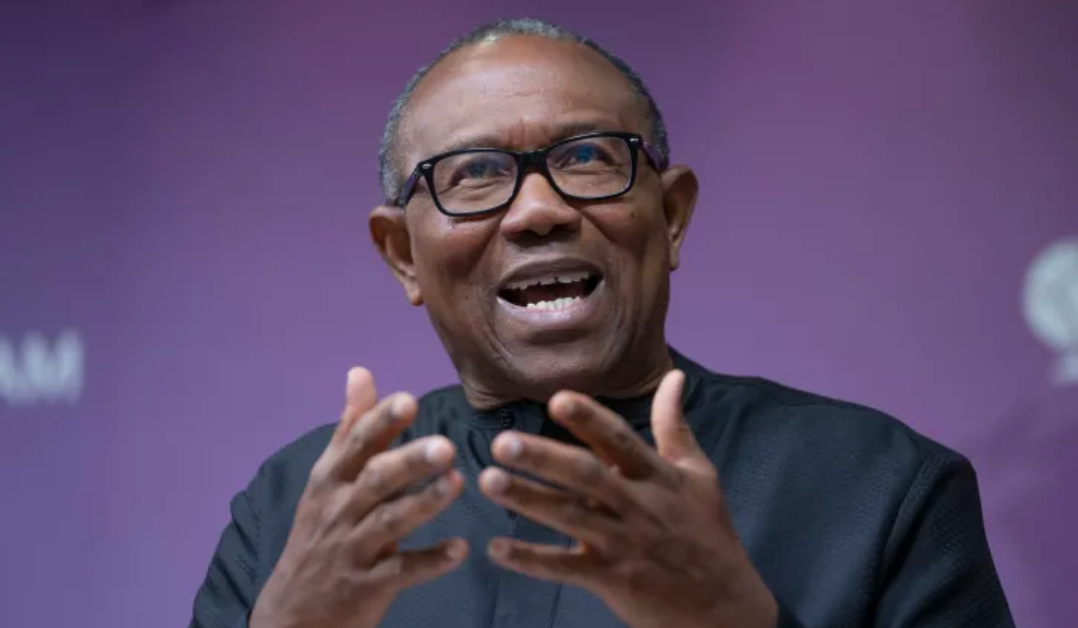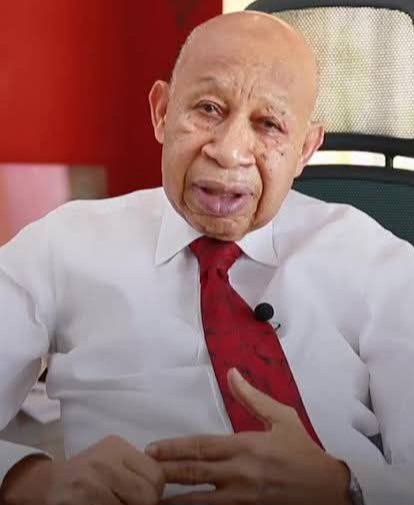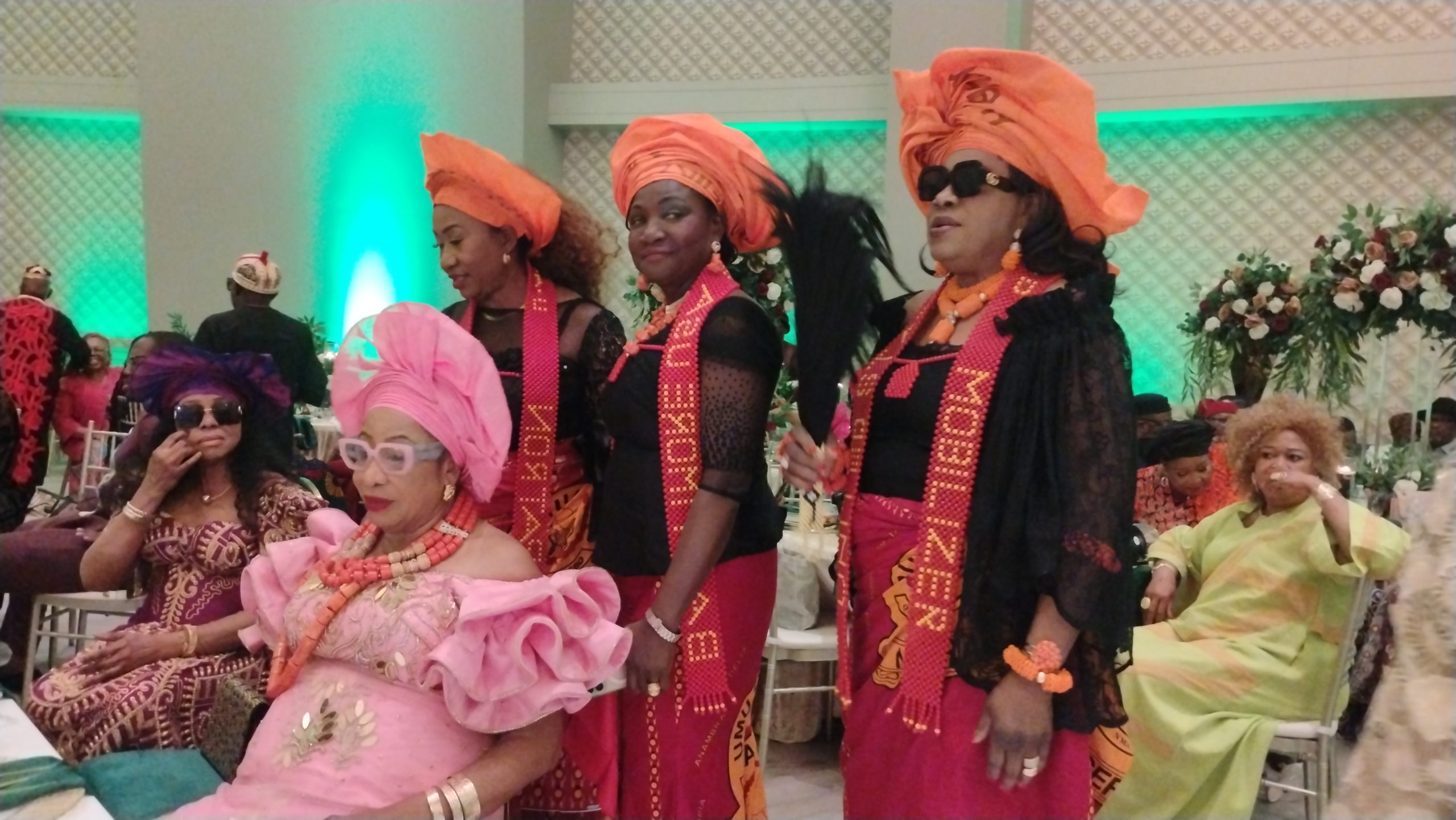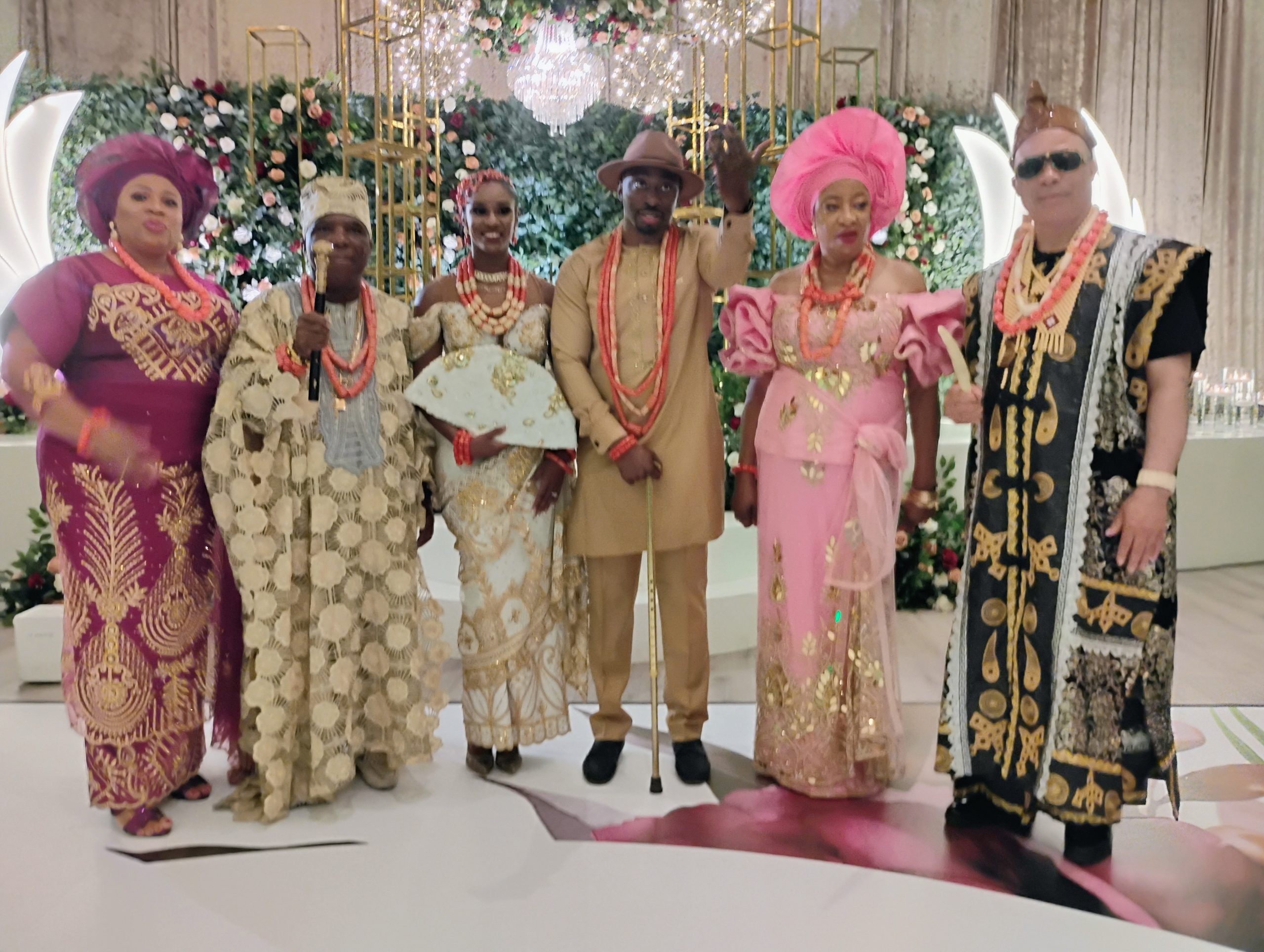In Owerri, Nigerian Editors Repudiated The Idiocy Of Identity Politics, By Ikechukwu Amaechi
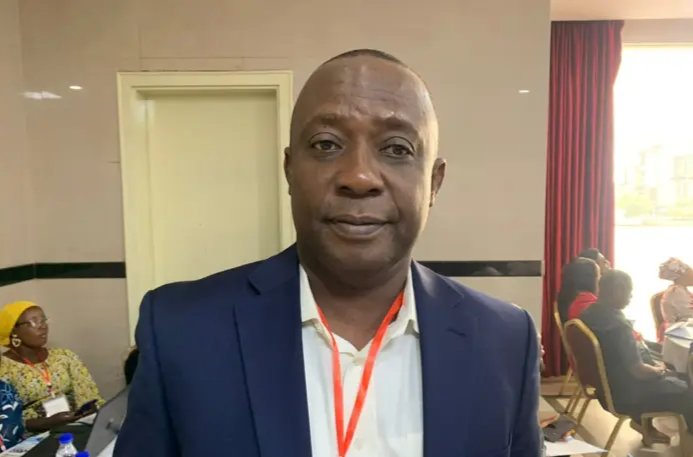
It is no longer news that the just concluded national bi-annual convention of the Nigerian Guild of Editors, NGE, which held in Owerri, Imo State capital, produced Eze Anaba, editor of the Vanguard newspaper as the new president. In the next two years, he and 15 other officers will run the affairs of the elite club of Nigerian editors. It is not going to be an easy task but editors are confident that the Anaba-led team will deliver.
It turned out to be a Guild election like no other, with difficulties more fundamental than the normal schism that characterises every struggle for power. Since the NGE was founded on May 20, 1961, at the old National Press Club in Lagos by Alhaji Lateef Jakande, who also emerged as its first president, the 2023 election was perhaps the most toxic.
To be sure, the NGE is not immune to crisis. Though the Jakande-led executive that included other veterans such as Babatunde Jose(vice president), Abiodun Aloba (secretary) and Nelson Ottah (assistant secretary), had the vision of advancing the interests of the media profession and deepening editors’ relationships with their various publics, including the government, the political crises of the 1960s became a clog in the wheel in the wheel of progress. The 1966 coups and the 30-month civil war led to the sacrificing of the journalistic principles of objectivity, credibility and accuracy on the altar war propaganda.
But even in the heady era of sundry military juntas after the war, Nigerian editors jealously guarded the independence of the media, so much so that when General Olusegun Obasanjo’s junta promulgated a Press Council Decree to muscle the media in 1977, the NGE rejected it. The NGE also pushed back against civilian governments that wanted to skyjack its leadership.
Thus, at the 1982 convention in Minna, Niger State, when the Alhaji Shehu Shagari-led National Party of Nigeria, NPN, government through Alhaji Umaru Dikko, the Minister of Transportation, tried to take control of the Guild by sponsoring the campaign of Alhaji Ibrahim, the Director General of the Nigerian Television Authority, NTA, who only became a registered member at that conference, members revolted and thwarted the move.
Such push-backs were possible because the founding fathers designed an exclusive club of professional news managers where editors as the ultimate gatekeepers on media content could interrogate issues of professionalism. Since then, it has remained true to its calling, working in collaboration with other journalistic bodies across the world to preserve the standards of journalism practice, strict adherence to ethics and advocacy for press freedom and democracy.
Nigerian editors under the NGE aegis have played their watchdog role conscious of the clear provisions of Chapter 2 Section 22 of the 1999 Constitution (as amended), that: “The press, radio, television and other agencies of the mass media shall at all times be free to uphold the fundamental objectives contained in this Chapter and uphold the responsibility and accountability of the Government to the people.”
How then can the media hold the government accountable if the practitioners become subservient to the government like the Ninth National Assembly headed by Senator Ahmad Lawan?
Sadly, 62 years after those great journalists founded the NGE, some editors wanted to ride on the back of the asinine 2023 politics of ethnicity to win the Guild presidency. They insisted that it would augur well if the NGE was embedded in the presidency, perhaps as a parastatal rather than the Fourth Estate of the Realm as envisaged by the Constitution. That was a fallacy. And fortunately, Nigerian editors saw through the heresy.
Never in the history of the NGE was ethnicity considered a relevant factor in the election of its leadership. Competence and character always trumped such primordial considerations.
Since its revival in 1992 by Chief Onyema Ugochukwu, the NGE has had presidents – Biodun Oduwole, Garba Shehu, Oluremi Oyo, Baba Dantiye, Gbenga Adefaye, Femi Adesina, Garba-deen Muhammad, Funke Egbemode, and Isa Mustapha – who nobody cared where they came from. The only consideration was that they were editors with a track record of achievements.
So, what changed? Nothing other than the fact that those who profiteered from the ethnic profiling of fellow Nigerians in the 2023 general elections thought they could export the same condemnable template to the Guild. So, rather than selling their policies to fellow editors, they were busy promising guaranteed access to Aso Rock if elected. In running this nefarious and harebrained campaign, they were backed to the hilt by those who made incendiary comments against fellow Nigerians for no crime other than their electoral preferences which did not agree with theirs.
For daring to contest the presidency of the Nigerian Guild of Editors, Eze Anaba was branded an Indigenous People of Biafra, IPOB, member simply because he is Igbo. These characters, without qualms, called to threaten and abuse fellow editors for going around with an Igbo to campaign in an election a Yoruba was vying for the same position.
Yet, if the expression “true Nigerian” means anything, Eze Anaba embodies that truth. The only thing Igbo about him is his name. Son of the late Mr. Josiah Anaba, who hailed from Umuota, Obingwa, Abia State and mother, late Mrs. Rosaline, an Ishan (Esan) from Ubiaja in Edo State, Eze and his siblings were born and raised in Lagos. Over 70 per cent of his friends are non-Igbo, including those who suddenly realised that he is Igbo and not qualified to aspire to lead a professional body like the NGE. His wife, Itoro, one of the most hardworking women in Nigeria today, hails from Akwa Ibom State.
Eze speaks Yoruba better than he speaks Igbo. He has worked and thrived in an organisation owned by one of the doyens of journalism in Nigeria today, Uncle Sam Amuka, who is not Igbo. In his capacity as Editor of the high-flying Vanguard newspaper, he manages colleagues from all the nooks and crannies of this vast country without any complaints from any quarters.
But why did they try that nonsense? Didn’t they know they were dealing with members of an elite club who know what the real issues were and what was at stake? Impunity is the answer. It has a way of beclouding people’s senses. But what was at stake was the very soul of the Guild. And when it mattered most Nigerian editors, just as they did in 1982 in Minna, made a resounding statement in Owerri on June 16 by rejecting tendencies that divide rather than unite us. When the votes were counted, Eze Anaba polled 250 to defeat those who labelled him IPOB. They only managed to garner 81 votes. It was real shellacking.
In repudiating the idiocy of ethnic and religious politics, Nigerian Editors have once again demonstrated to politicians that politics could do with some decency and elections can be transparent, free, fair and credible.
The Maimuna Garba-led election/screening committee that had Isaac Ighure, a Fellow of the Nigerian Guild of Editors, Yusuf Abdulssalam, Mary Atolagbe and Felix Nwadioha as members did a job that INEC Chairman Mahmoud Yakubu proved incapable of doing.
It is not about numbers. It is all about political will to do the right thing and fidelity to the Constitution and country. Indeed, Nigerians have something to learn from the Nigerian Guild of Editors who made a loud and unambiguous statement in Owerri on June 16 that their conscience can never be purloined.

